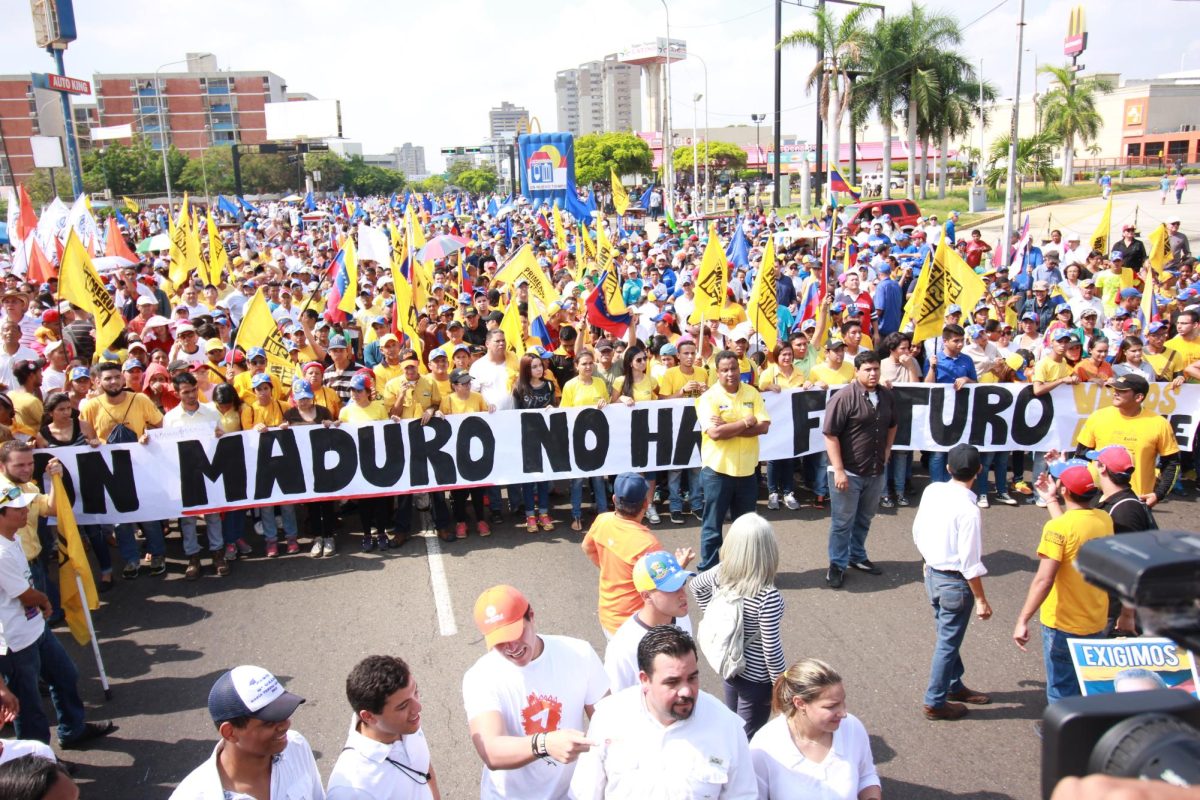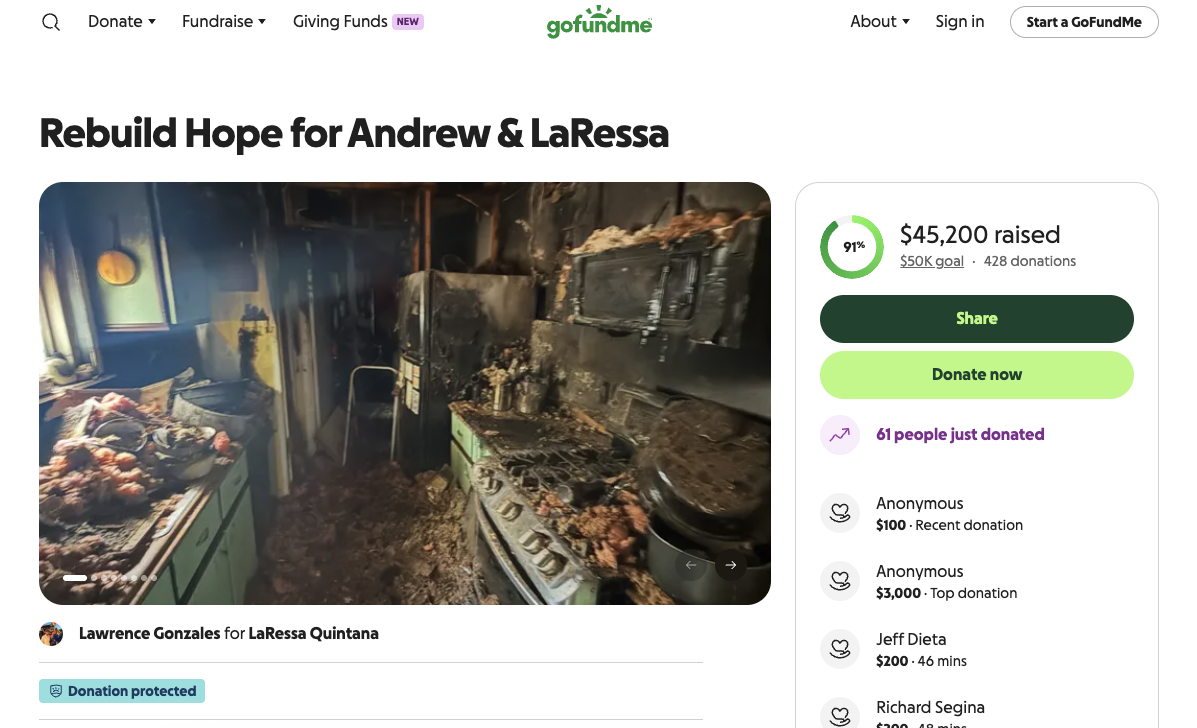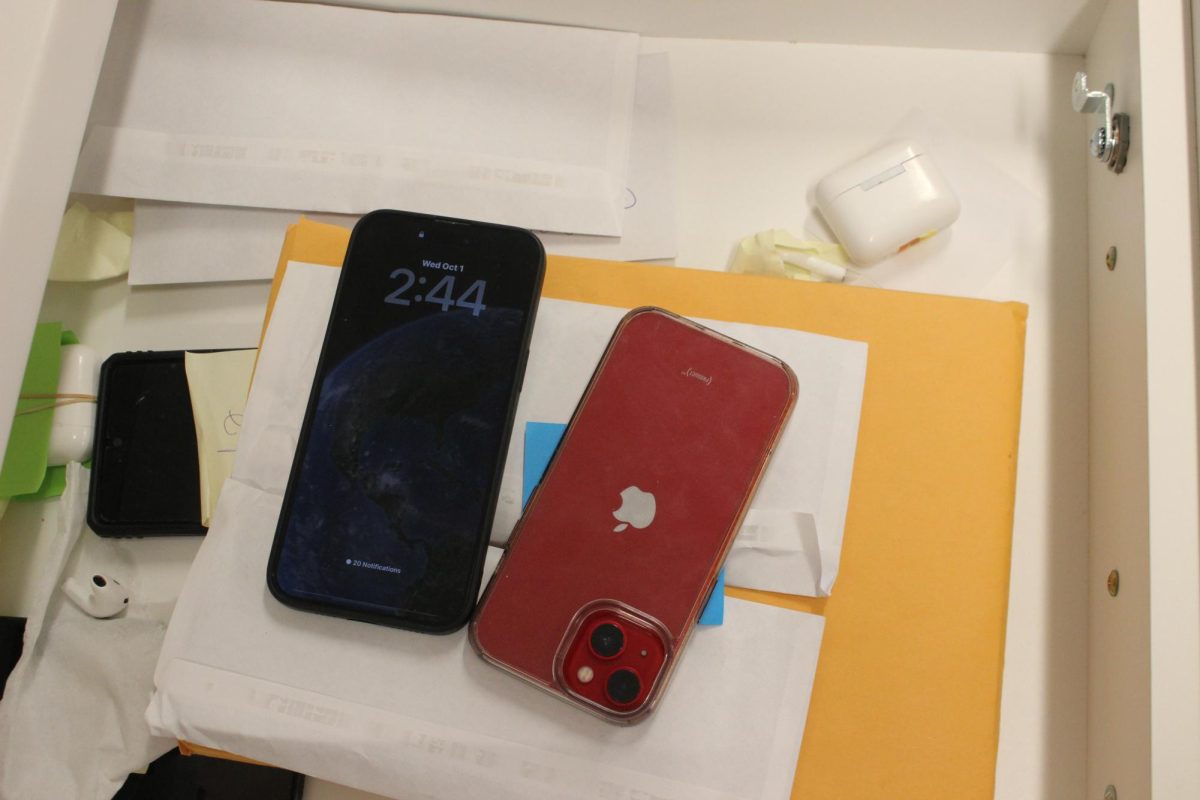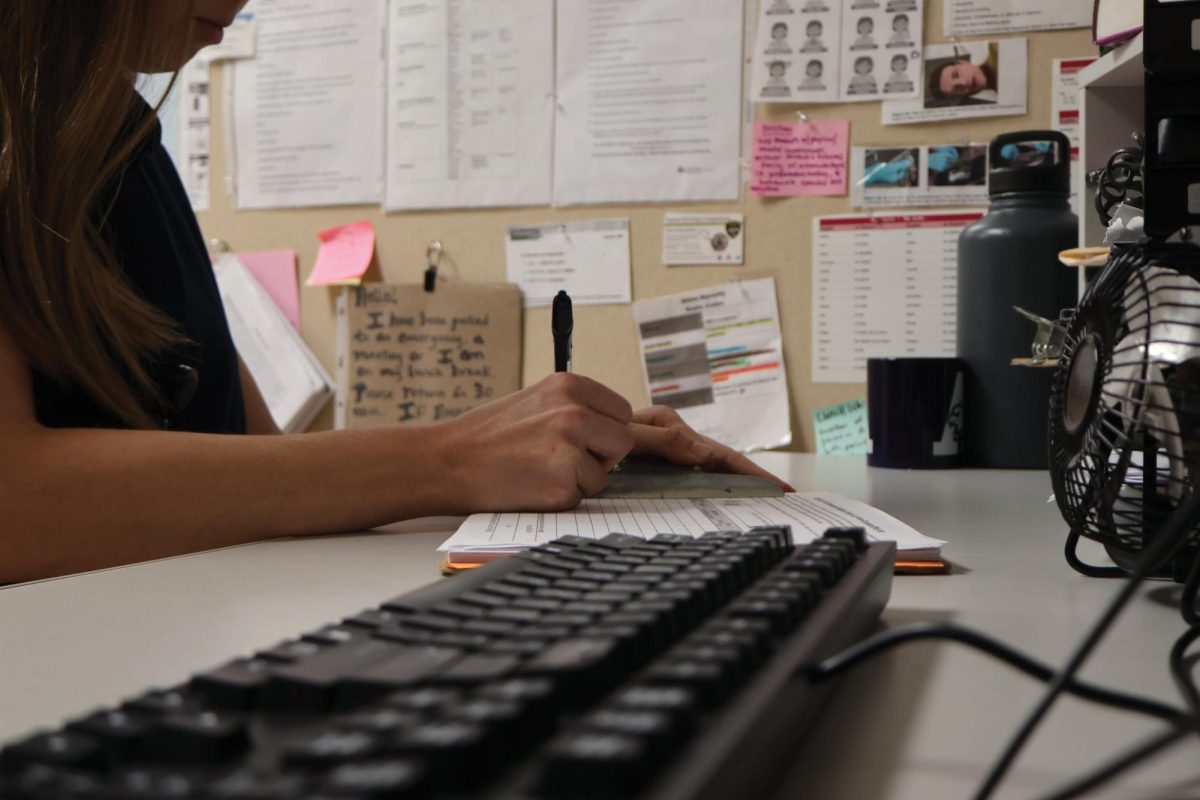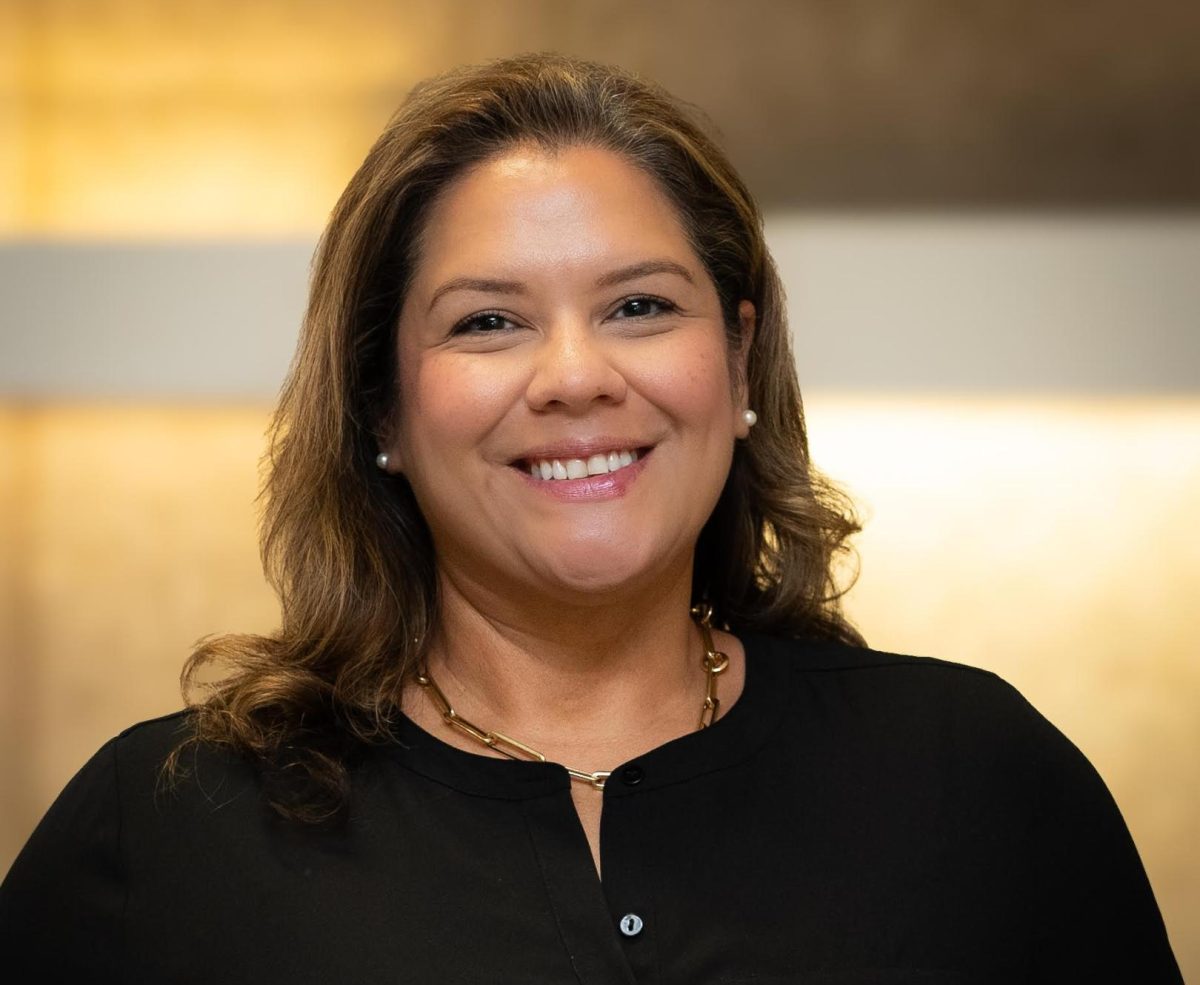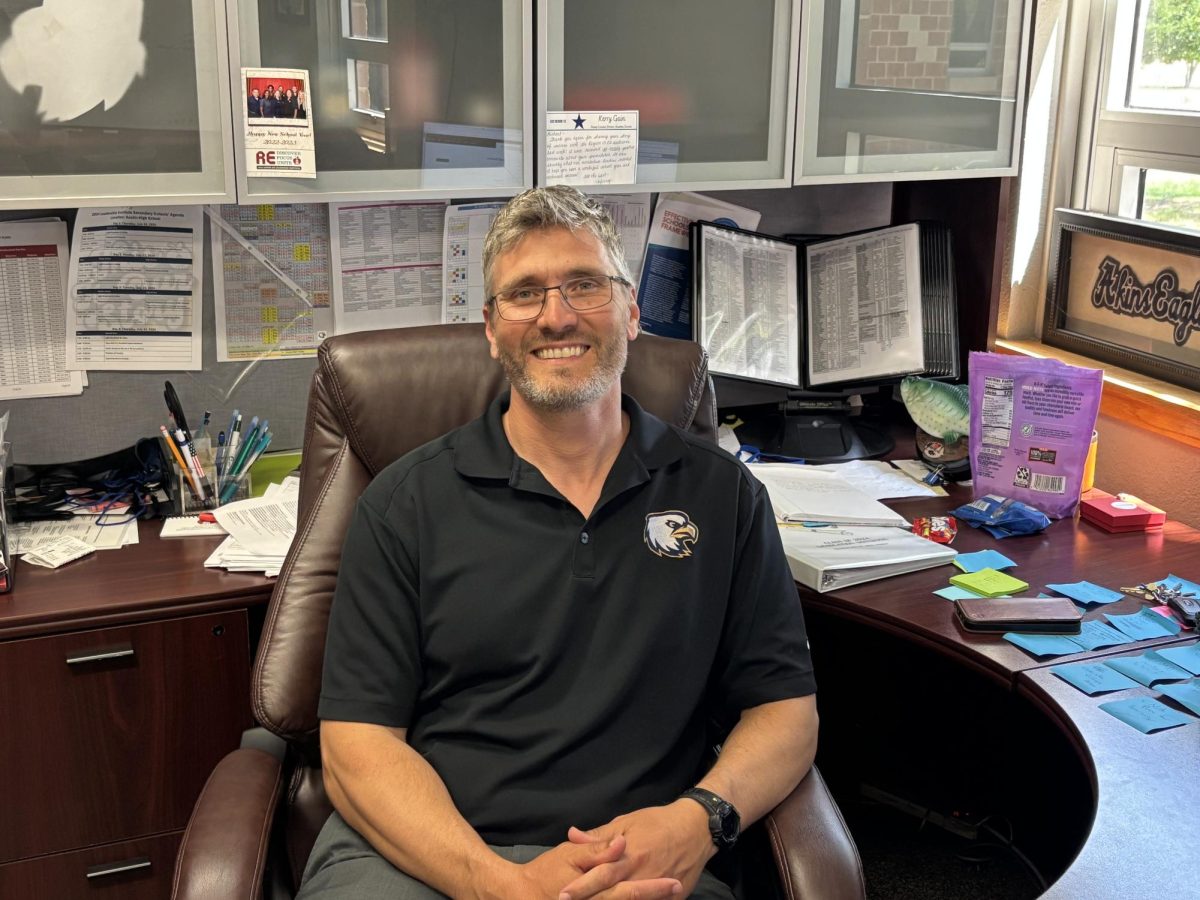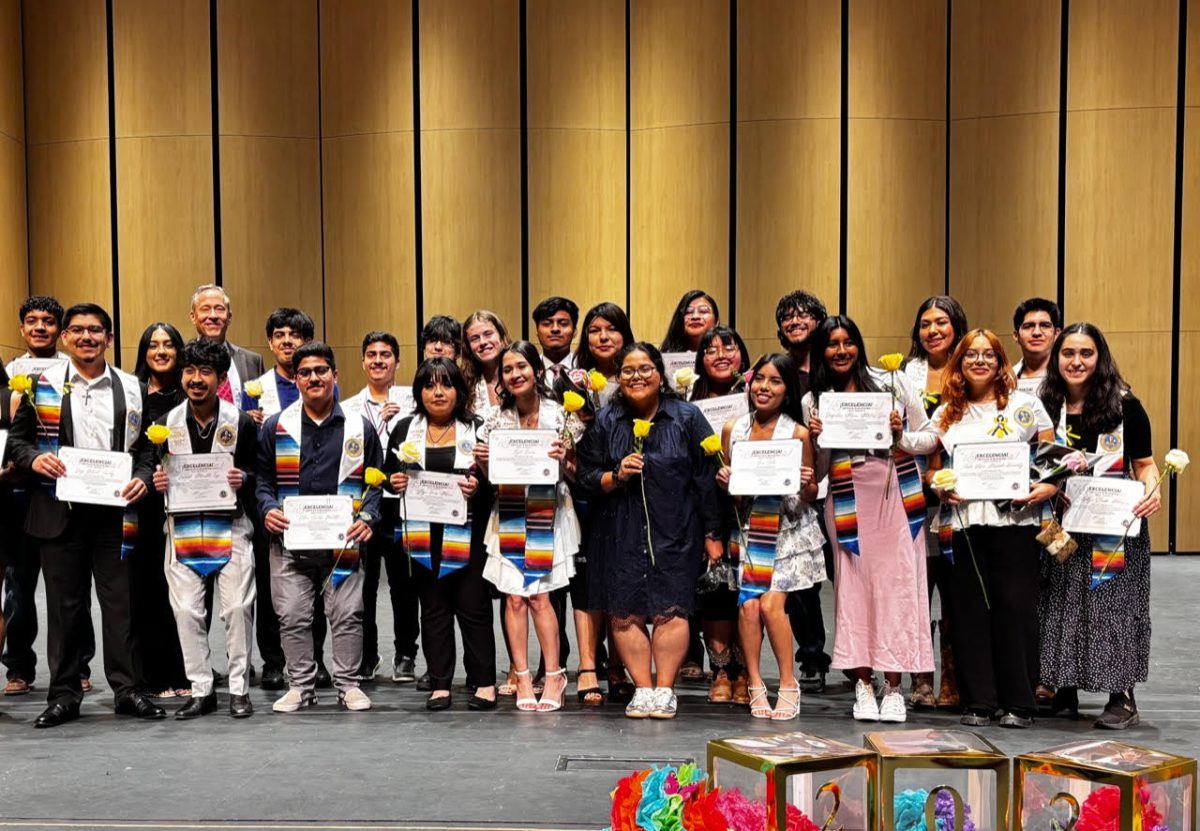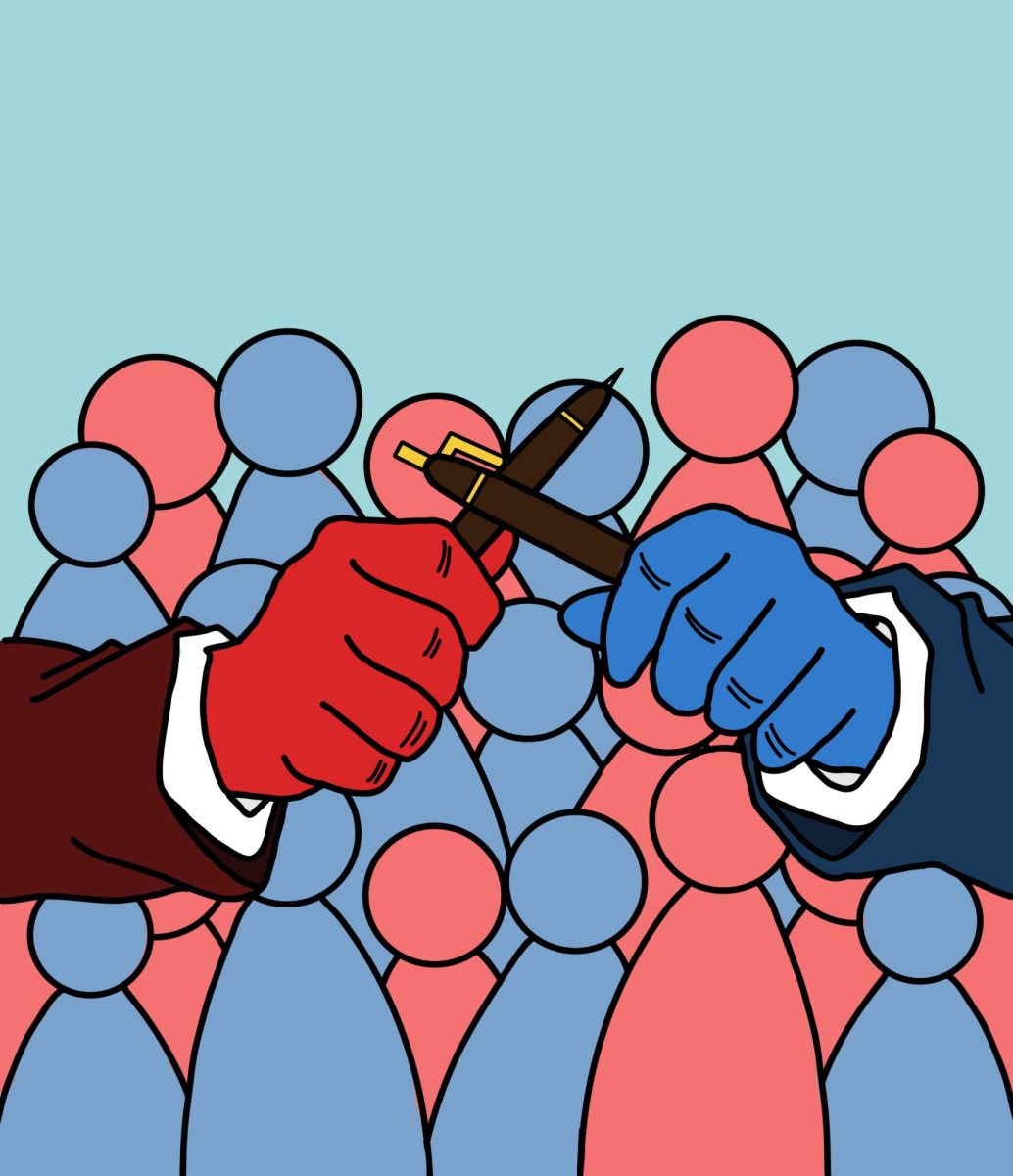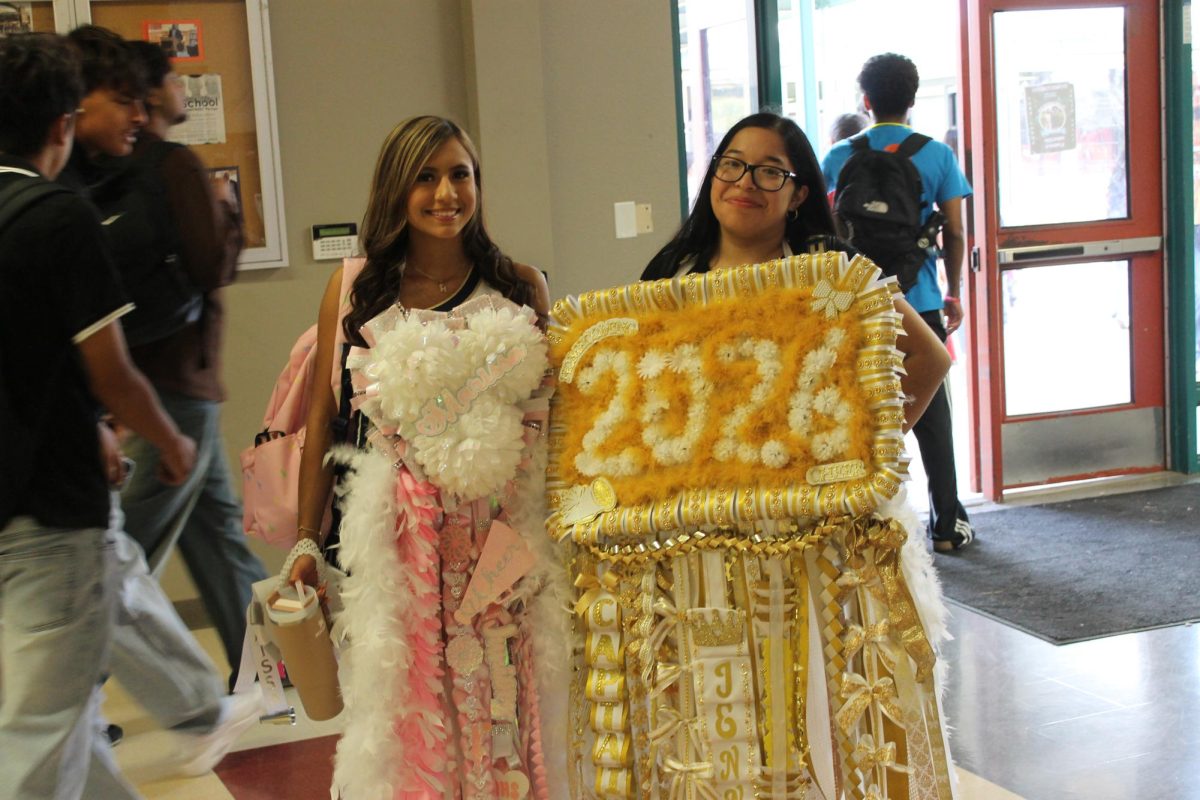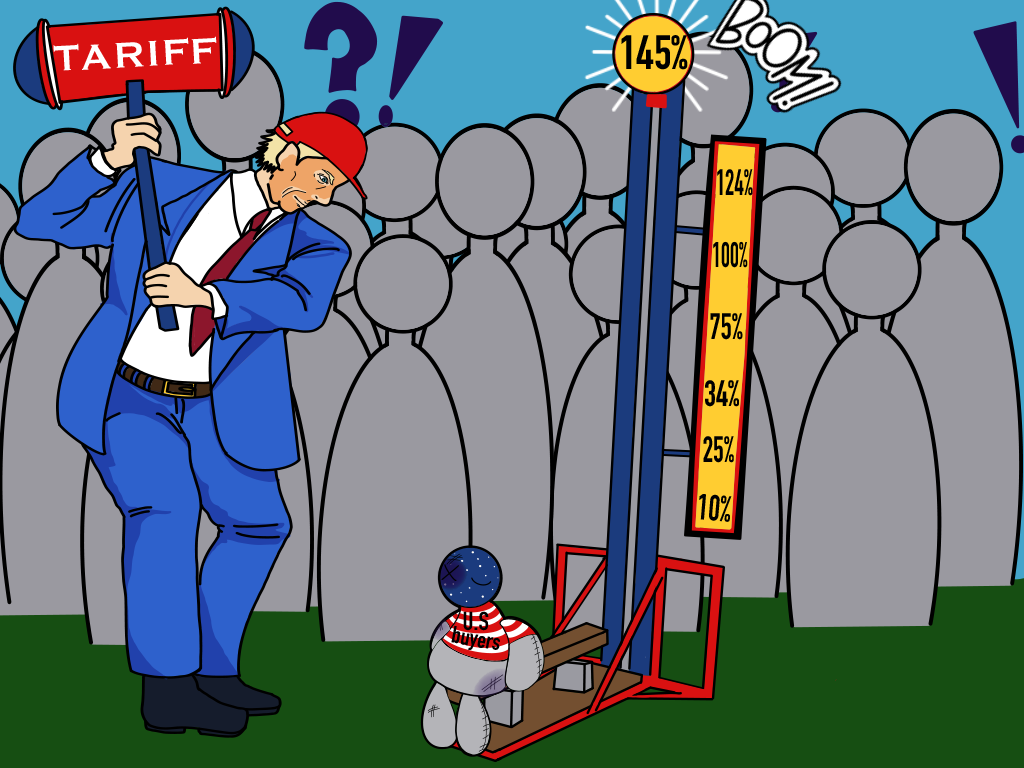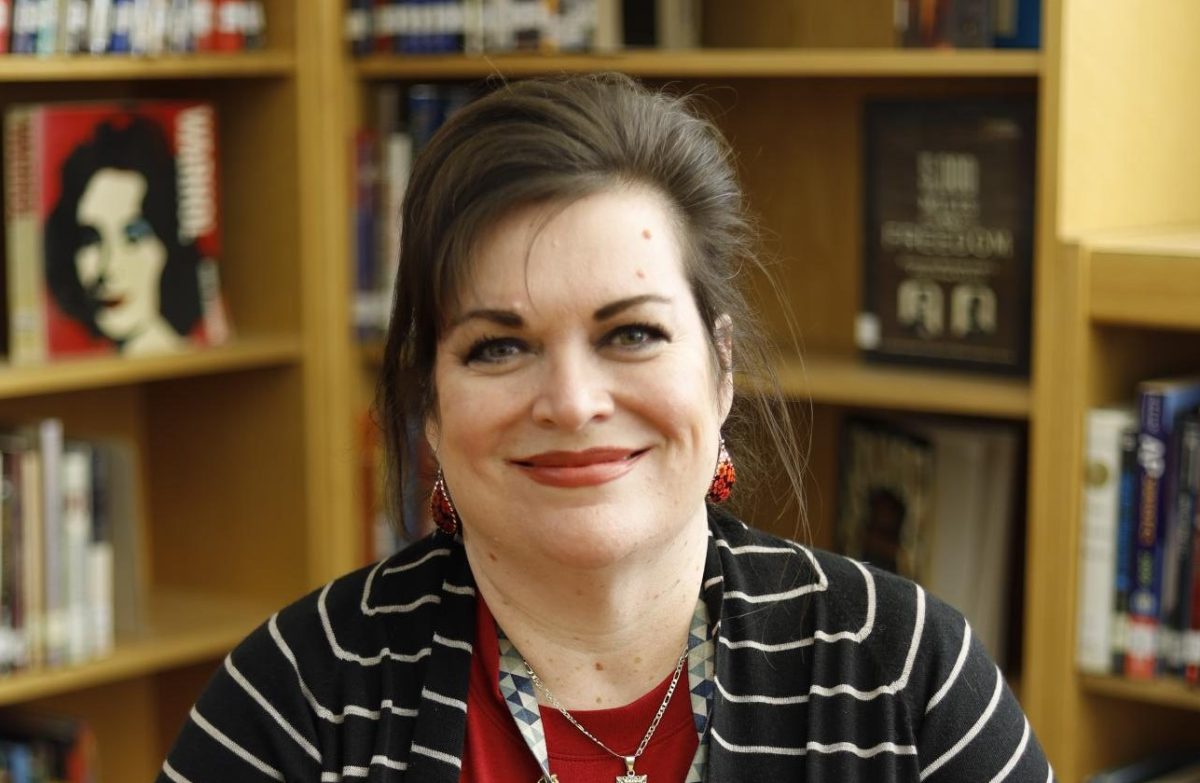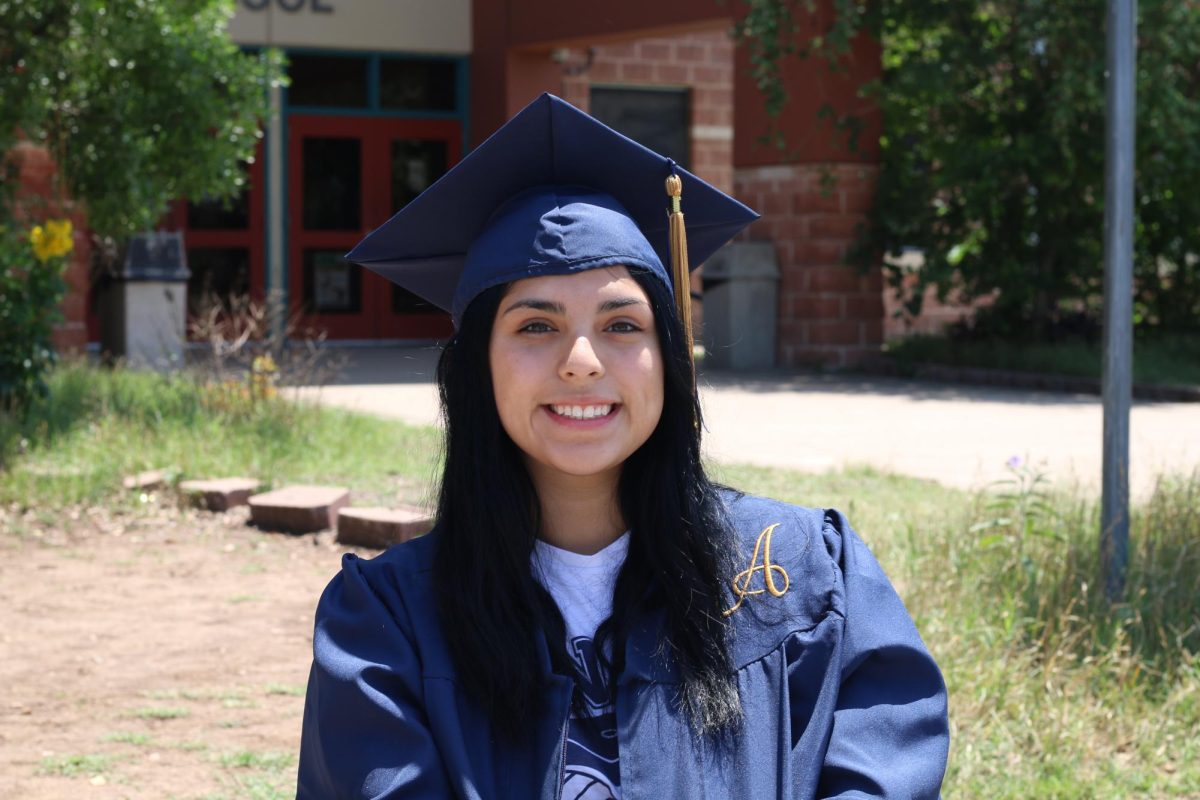Today, Venezuela is known as a country experiencing high poverty rates, corruption, and injustice.
But many don’t realize that Venezuela is also home to the world’s largest oil reserves, which at times has provided the country and its citizens with great wealth when the economy is booming. For example, during the 1970s, a five-month OPEC embargo quadrupled oil prices and made Venezuela the country with the highest per-capita income in Latin America. Over two years, the oil boom added $10 billion to state coffers, according to a Council on Foreign Relations webpage.
However, because the Venezuelan economy is heavily dependent on the oil industry, the country is vulnerable to hardship when the price of oil drops. In recent years, the economic situation has been bleak, with inflation running so high that in 2018, it cost 14,600,000 bolivars to buy a chicken to eat, which is the equivalent of about $2.22, according to an article by The Guardian.
Oil prices plunged from over $100 per barrel in 2014 to under $30 per barrel in early 2016, sending Venezuela into an economic and political spiral. This has caused many Venezuelans to leave their home country to find a better life in other nations.
Austin has become a popular destination among immigrants from Venezuela who have become economic and political refugees. Many Venezuelans fled their home country because of the fear of violence by police and military controlled by President Nicolás Maduro, who is known for using dictatorial tactics to oppress the opposition.
Despite all of the difficulty the country has experienced over the last 10 years, some Venezuelan students in Austin have family members who have shared memories of better times with them.
“According to what my father and grandparents say, Venezuela was a place where the basic human resources were stable, where one could work and have a justifiable salary,” said a student who asked to remain anonymous. “Through hard work, you could build a house and even give yourself some luxuries such as changing the furniture.”
These things are now out of the reach of Venezuelan citizens. Traditions such as painting the house for the New Year or replacing the furniture, as this student says, have vanished due to the country’s inflation. In the words of another student, “Venezuela was a country of freedom where you could express yourself.”
According to Britannica, in 1998, the same year that Hugo Chavez took office, after attempting two coup d’etats, Venezuela’s population was below the poverty line and an inflation of 30 percent. Chavez’s platform promised “ the end of corruption,” something that Venezuelans desired the most.
After various scandals, Chavez’s death and the election of Maduro as president, Venezuela’s inflation climbed to 50%, and things such as toilet paper and gasoline were difficult to obtain.
Protests and strikes became common in Venezuela, as well as power outages, which can last several days, causing suffering among Venezuelans.
According to Venezuelan immigrants in Austin, these protests were meant to be peaceful but could turn violent if the police or military were involved.
“What I remember is that in my family there weren’t any casualties,” said a student who asked to remain anonymous. “We weren’t affected physically but mentally. The protests were violent, the citizens would throw bottles at buildings nearby. They would burn car rubber so the military couldn’t get into their apartment complex because if they did get in, physical aggression would have happened.”
Another Austin student shared their story about their father’s involvement with a peaceful protest. They said the father protested because the company where he worked suffered a power outage from the electricity company, with the excuse that the company had a debt of millions of dollars, which the student said was a lie.
“My dad with his coworkers went to a peaceful protest, and the military — the so-called “los guardianes de la ley” — threw tear gas bombs at them. His father and some coworkers were arrested, aggressively beaten, and the only way they could be released was that no one should know what happened.”
These groups of Venezuelans were obliged to keep silent, because if they were to say something they would be arrested again with a false reason. Both of these experiences are significantly different, but the feeling of anger and injustice was present in both of them.
Yet amid all this frustration and fallen democratic leaders, a person, who now is the hope of Venezuela, emerged. Maria Corina Machado is the leader of the democratic organization and party of freedom Vente Venezuela (Come Venezuela). She and her team were the new hope of Venezuelans at home and abroad. Nonetheless, the Supreme Court of Justice in Venezuela ruled she could not participate in the presidential elections for the next 15 years.
AP News reported that after Corina’s substitute, a professor of hers, was also blocked from joining the presidential race, she reached out to Edmundo Gonzalez, a 74-year-old man who served in the Venezuelan embassy in Argentina, as the ambassador. He and Maria Corina joined forces to win the 2024 elections in July.
However, when the official election results were released, the government announced Maduro as the winner. However, a great percentage of the international community and Venezuelans have reasons to declare fraud. One of them is the denial for international observers to be at the place of their elections, a violation to the Barbados Agreement. Since then, many nations have recognized Gonzalez as Venezuela’s elected president.
The election result didn’t stop Machado, she urged the Venezuelan community to take to the streets on January 10, the day that Maduro was going to be sworn into the presidency for a six-year term.
On Jan. 9, Machado left her hideout to go to a large protest in Caracas, the capital of Venezuela. After giving a speech including phrases like “We are not afraid,” she left the protest on a motorcycle, which was intercepted by the military, and forcibly snatched out of that motorcycle by the regime officials who took her to another motorcycle.
After at least three hours, Machado was left in the streets of Caracas and had to search for a safe place. She wrote on her X account that she was fine. According to El Guardian, Diosdado Cabello, the interior minister, called this event “a lie “and said that “if there were a decision to detain her, she would be detained.”
This “incident” didn’t last long, but it opened the eyes of many people to the state of Venezuela’s “democracy.” International leaders criticized and condemned the regime’s actions. The Guardian mentioned some comments made by international leaders such as Panama’s President Jose Raul Mulino which said the Venezuelan “dictatorial regime is responsible for her life.”
Gonzalez, wrote on social media “As president-elect, I demand the liberation of Maria Corina Machado [who was] kidnapped by Venezuelan security forces. To the security corps who kidnapped her, I say: do not play with fire,” according to an article by The Guardian.
Despite the political turmoil, the Trump Administration recently ended Temporary Protected Status (TPS) for Venezuelan immigrants in the United States.
In response to the ending of TPS protections, Venezuela’s Democratic Unitary Platform opposition coalition in a statement voiced “concern for the well-being of hundreds of thousands of our honest and hard-working compatriots who have been forced to emigrate as a consequence of the complex humanitarian crisis our nation is going through.”

